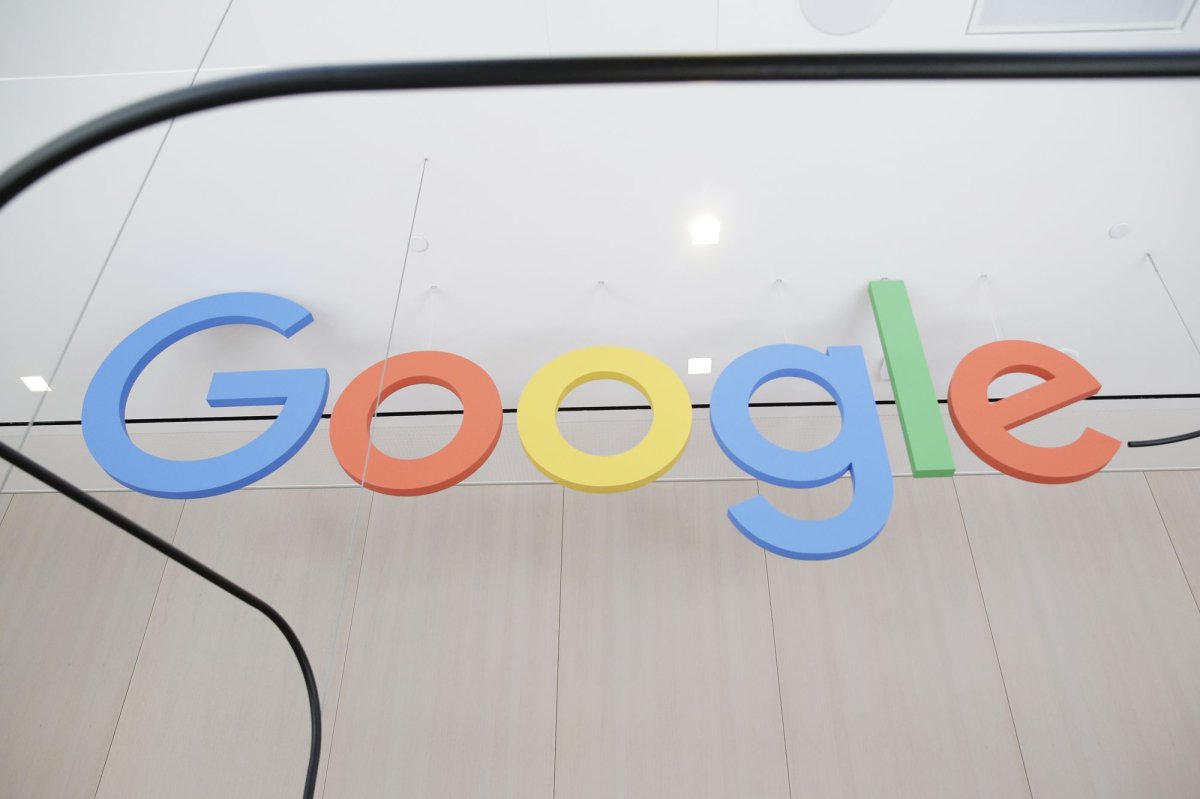Sept. 12 (UPI) — Google will face trial on Tuesday, three years after the Justice Department filed an antitrust lawsuit accusing the company of monopolizing digital advertising.
The federal case, which has sparked global interest, marks the first significant antitrust trial in over two decades. Google stands accused of leveraging its dominant position to stifle competition in its highly popular search engine.
Set to last approximately three months, the bench trial will take place in the U.S. District Court of Washington, D.C., presided over by Judge Amit Mehta. The case will be decided solely by the judge, without a jury.
If found guilty, Google could face substantial fines and potential restructuring that may impact various aspects of its search engine.
The government’s case alleges that Google entered into exclusive agreements with tech giants like Apple, Samsung, Mozilla, and Firefox, aiming to secure its search engine as the preferred choice for users on their devices.
Furthermore, the lawsuit claims that Google acquired and absorbed many of its digital advertising competitors and compelled publishers and advertisers to utilize Google products, while discrediting any remaining competitors such as DuckDuckGo.
Among the expected witnesses are Alphabet CEO Sundar Pichai and other prominent tech executives, including Apple’s senior vice president of Services, Eddie Cue.
The outcome of this trial carries significant implications for the future of the Internet and could alter how tech companies conduct business deals that impact a wide range of Internet-dependent individuals.
The antitrust case was initially filed in October 2020 during the final months of the Trump administration. Then-Attorney General William Barr argued that Google had enriched itself through deals that made its search engine the default option on millions of devices.
“This lawsuit strikes at the heart of Google’s grip over the Internet for millions of American consumers, advertisers, small businesses, and entrepreneurs beholden to an unlawful monopolist,” Barr said at the time.
This case has garnered support from over a dozen attorneys general and a group of 35 states, who filed separate antitrust cases earlier this year. They argue that Google employed unfair and exclusionary practices to maintain its dominance over digital advertising technologies.
Prosecutors will likely argue that Google sought to eliminate any threats to its unparalleled dominance in the search engine market and retain its position as the world’s leading search engine with billions of daily users.
In the Justice Department’s initial complaint, they stated, “Two decades ago, Google became the darling of Silicon Valley as a scrappy start-up with an innovative way to search the emerging Internet. That Google is long gone.”
Currently valued at $1.7 trillion, Google controls about 90% of the search engine market in the United States.
Google’s executives continue to defend the company’s dominance, asserting that its browser consistently outperforms competitors and suggesting that users choose Google willingly over outdated and cumbersome alternatives.
“People don’t use Google because they have to — they use it because they want to,” said Kent Walker, one of Google’s top lawyers and its president of global affairs. “It’s easy to switch your default search engine — we’re long past the era of dial-up Internet and CD-ROMs.”
The last major antitrust case to go to trial was in 1998 when Microsoft was found guilty of violating competition laws by bundling its products to coerce consumers into purchasing its complete software package.
“That case was about a monopolist tech platform, and the government won,” stated Vanderbilt Law School professor Rebecca Haw Allensworth. “And so, everybody has viewed that as a kind of blueprint for how we might enforce the laws against the current tech giants.”



